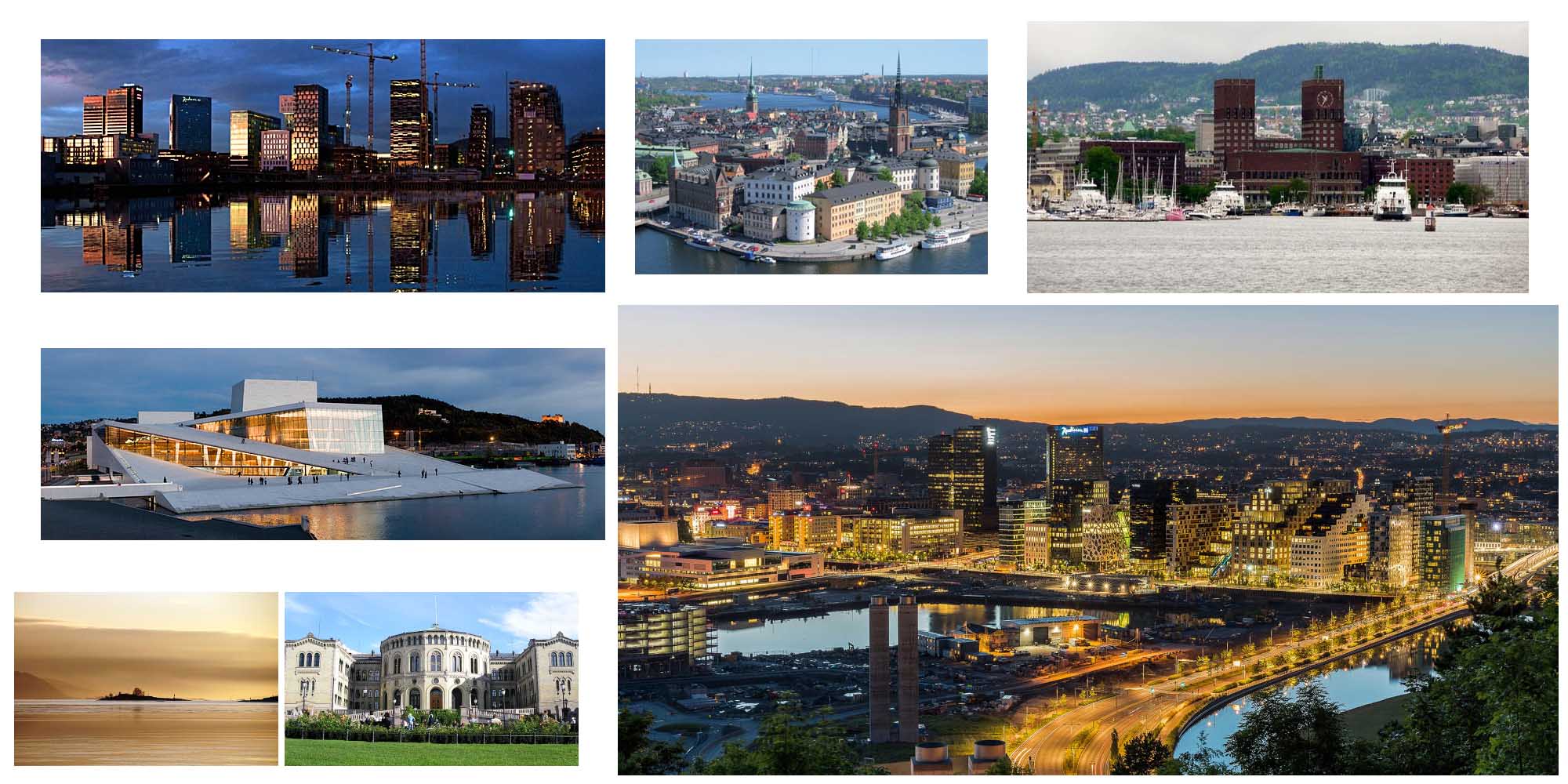A properly prepared and submitted sacrifice had to be accepted and had the desired effect. In early medieval Scandinavia, due to the population structure (predominance of single-chamber sediments), the head of the family often performed priestly functions. From written sources, mainly Icelandic, it follows, that individual forms of worship were not uncommon. They usually referred to one deity and consisted in making a sacrifice and sacrificing characteristic forms of land or entire areas to the god. The universality of these practices is confirmed by the numerous names that include the name of the deity. Next to the active one, the deity-man relationship expressed in the sacrificial act, different was allowed, passive, not requiring any special ritual procedure. It was a deeply held belief that a family or tribe was of divine origin. Both in Edda, as in some of the works of the scalds , this fact is strongly emphasized.
Skaldowie - Old Scandinavian poets, at the same time warriors, acting at the courts of kings and nobles (IX — XIII w.) in Norway and Iceland. They created occasional poetry on mythological themes. Creativity of the scalds, initially passed on in the oral tradition, fragmentarily preserved in the monuments of Icelandic literature, Edda younger and in early medieval sagas.
In the decline of paganism in Scandinavia, a specific form of cult specialization appeared. She did not relate, as in the examples mentioned above, with a specific situation or domain of the deity, but with a social group. Some researchers believe, that in the turbulent Viking period, when old social structures were decaying, conviction emerged, that a particular god looks after the members of a particular stratum. It was supposed to apply only to Thor and Odin.
